Edappally Raghavan Pillai – The poet who foresaw his death
Edappally Raghavan Pillai (1909 – 1936) – The poet who gave new definitions to death, he also gave beauty to death through his poems. Short-lived Edappally gave some significant contributions to Malayalam poetry in the first half of 20th century, and if he had not ended his life in a piece of rope, his name would have been written in golden letters among the greatest poets of Malayalam literature all times. Yet it’s worth to say, his contributions have given new life to Malayalam poetry. Faced many setbacks in his life including love failure, when highly depressed Edapally ended his life, he left a void still unfilled!

His dearest friend Changampuzha who wrote Ramanan for him
He, along with his dearest friend Changampuzha Krishna Pillai re-defined Malayalam poetry sector in the 1930s. The poets, who were considered as Shelley and Keats of Malayalm poetry, gave significance contributions which paved way to major changes in Malayalam literature 1930s. Not only that, heartbroken Changampuzha deeply grieved in the suicide of his dearest pal, and later wrote the Mahakavyam Ramanan, perhaps the most popular and circulated book in Malayalam literature of 20th century, belonging to poetry genre. Both belonged to the same hometown, a part of Urban Ernakulam of present times. Read more about Changampuzha Krishna Pillai and his close bonding with Edapally.
Edapally Prasthanam – A change in Malayalam literature
Since early 1900s, Malayalam poetry was deeply influenced by both Sanskrit and Manipravalam writing style – a unique blend of prose and poetry. Edapally, along with Changampuzha played a significant role in simplifying Malayalam poems, and popularizing among common man. This style is known as Edapally Prasthanam, and got loved by Malayalam readers. He is also called, Edapally, this native place name.
Depression was the main theme of Edapally’s works
He didn’t have a great childhood. His mother committed suicide, and he too tried once, when he was jailed for one day for wrong reasons, though the real culprit was his father. His father remarried adding to his miseries, and to complete his education he took private tuitions.
He wrote poetry on a wide range of topics, predominantly depressions, failures of life etc. He believed that only death is the ultimate truth, and gave beauty to death through his poems. In many of his poems, his conversation with death is clearly visible. Through the poem, Viswabharathiyil, he told that lessons we get from nature is better than that we get through books and education. He also mocked moral policy through his poem, Viplavam.
A brief note on his early life
He was born in 1909 in Edapally of Ernakulam district to Pandavath Neelakanda Pillai and Meenakshi amma. His father worked as a peon in Excise department, and his income was their only source for livelihood. He completed his school education from Edapally Middle school and Ernakulam Maharaja’s High school.
His friendship with Changampuzha blossomed during his school days. Both were poets, introverts and daydreamers, and a bond grew in between them for all these reasons. Throughout his life, he had to struggle for so many reasons including horrible childhood and lost love, and he found his solace in poems he wrote.
Major works of Edapally
Thushaarahaaram, Navasaurabham and Hridayasmitham are his major poetry collections. After his death, his dear friend Changampuzha published his full poetry collections. The young poet, who expressed his life experiences through words he wrote, lived only 10 years in poetic world. He contributed more than 80 poems during his short life span. Apart from poetry, he also wrote two short stories, two essays and one semi-poem.
Edapally’s tragic love story
He could study only till high school due to his financial crisis, and he survived taking tuitions. He fell in love with a rich girl, who he took tuitions. Her family came to know about it, and following the oppositions he left Edapally and moved to Thiruvananthapuram, where he stayed with a relative. Later he shifted to Kollam and worked as an assistant to an advocate. This advocate happened to be his lover’s distant relative, and from him Edapally came to know about her arranged marriage that’s to happen very soon. When Advocate went to Edappally for attending the marriage, Raghavan was alone at home, and he hanged himself on the wedding night. He was only 27.
Death took him away in an unpleasant manner
His fondness to death was crystal clear in many of his poems. An emotional human being, hypersensitive and introvert, he was eloquent and expressive in the theme, Death. When he came to know about his lover’s marriage, he was determined to embrace death forever, which he has always seen as a beautiful dream.
One day before he committed suicide, he wrote his last poem, ‘Nalathe prabhatham’, which literally means ‘Tomorrow’s sun-rise’ and handed it over to Malayalarajyam press. As instructed they published the poem the next day, and exactly the same day poetic world also witnessed the poet’s death. Yes, the poet who foresaw his death, though it was least expected by others. He also left a suicide note to his friends and well-wishers stating that no one is responsible for his death.
He wore white dress and jasmine garland, and his dead body was found in the dark room, where he got married with his ultimate love, Death! Changampuzha’s Ramanan was a true tribute to his dearest friend, who sacrificed everything including his life, dreams and future for someone who didn’t care for him at all!
Here is the Translation of Naalathe Prabhatham (Tomorrow’s Daybreak), the poem published on the daybreak, when he was found hanging from a tree.
Tomorrow July 5, is his 81st death anniversary and it’s my humble tribute to the renowned poet who played a significant role in popularizing Malayalam poetry among common man.
Read a few more articles on some of the stalwarts of Malayalam literature belonging to different eras. Here is the page link. Click on the images in the gallery to read

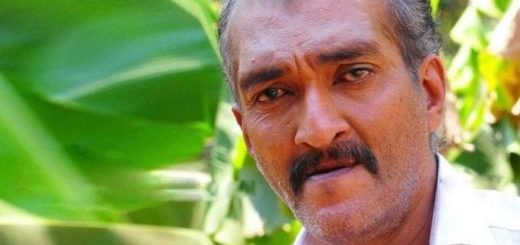
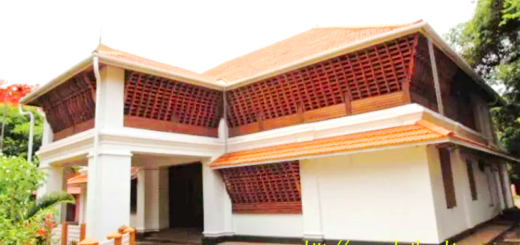




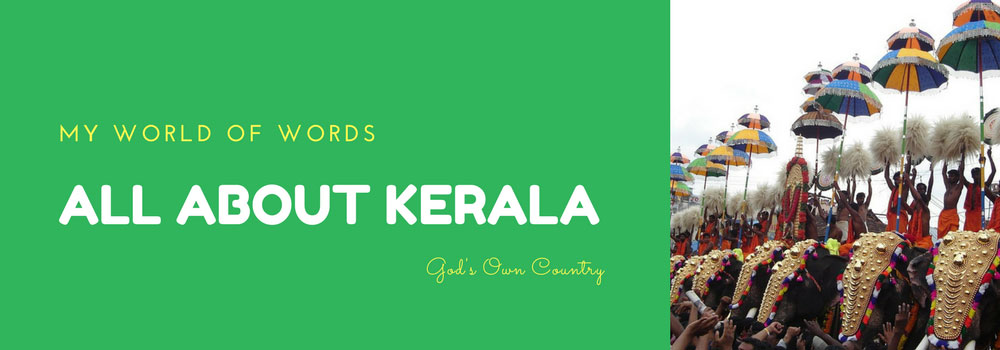




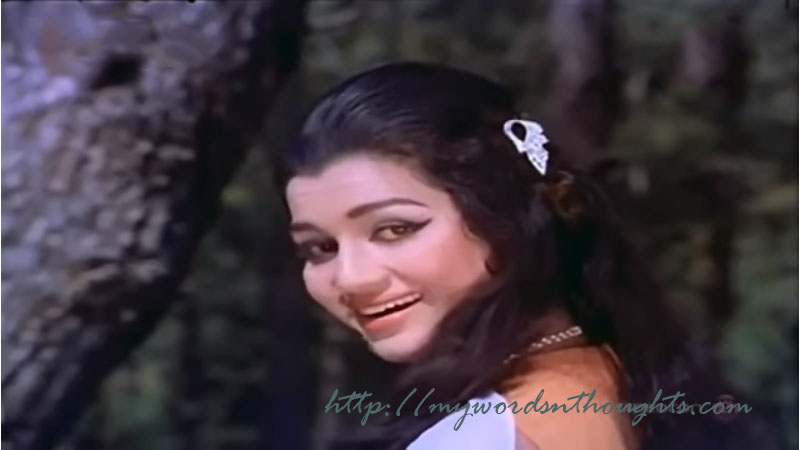
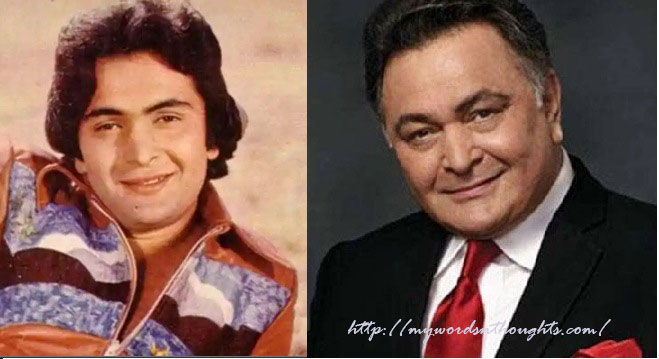
Thanks for the informative and interesting write up